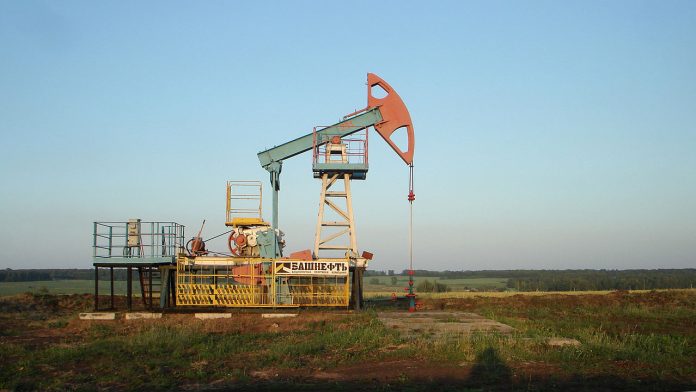Europe is gearing up to cope with the upcoming cap and ban on Russian oil products, a move that can spell trouble for both the European Union and Russia. The fear of a price spike seems to have been averted, but issues remain, including the costs of re-routing sales from Russia.
The European Union, the G-7 and its allies are putting a cap on Russia’s fuel export from Feb. 5, with the EU banning almost all imports of Russian oil products. The measures will probably see a re-routing of diesel flows, with Russia turning into Africa and Asia and Europe turning to the Middle East. In addition, India is going to grow its refinery industry and sell more diesel into Europe. Gas refined outside of Russia can afterwards be sold in Europe. India has quickly become one of the biggest buyers of Russian crude since war in Ukraine broke out last February.
The re-sell to Europe is not prohibited by sanctions but highlights inefficiency of the sanctions. Russia was exporting to Europe 600,000 barrels a day and such quantity is not replaceable quickly. Russia on the other hand is also struggling to sell its crude. According to consultant agency Energy Aspects, Russia is going to sell only one third of its diesel exports.
The new re-routing is not without its issue. The supply chain will be more vulnerable according to experts. Having crude travelling miles in the East just to come back to Europe is also a costly endeavour. The European refinery industry is also having issues, with seasonal maintenance work, strikes and less product to refine.

